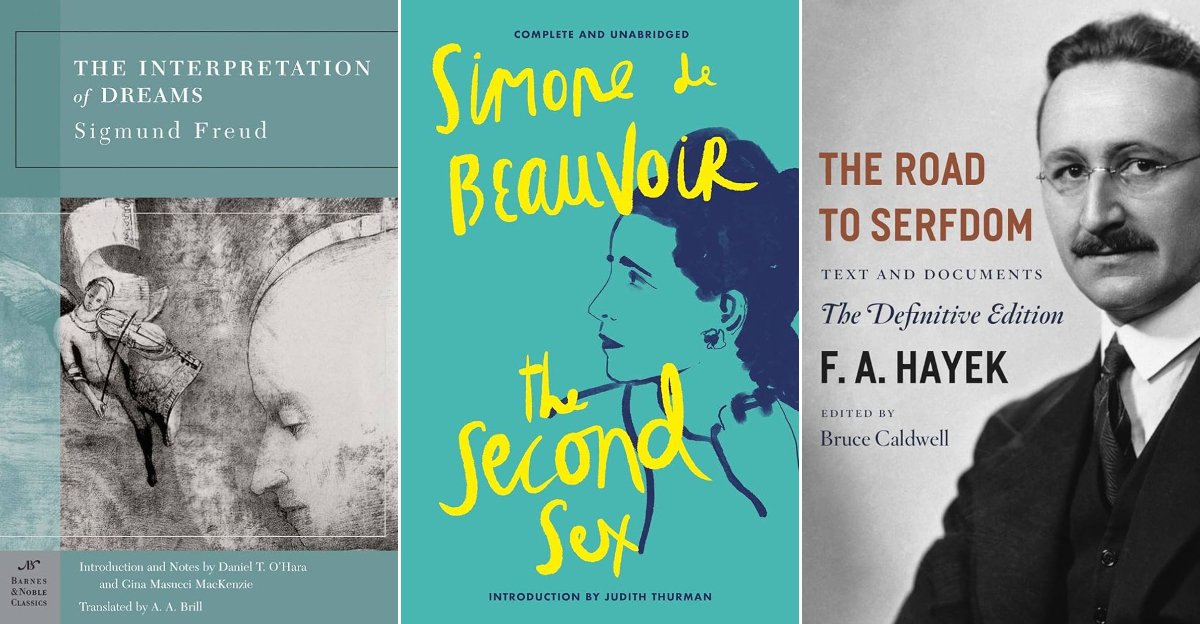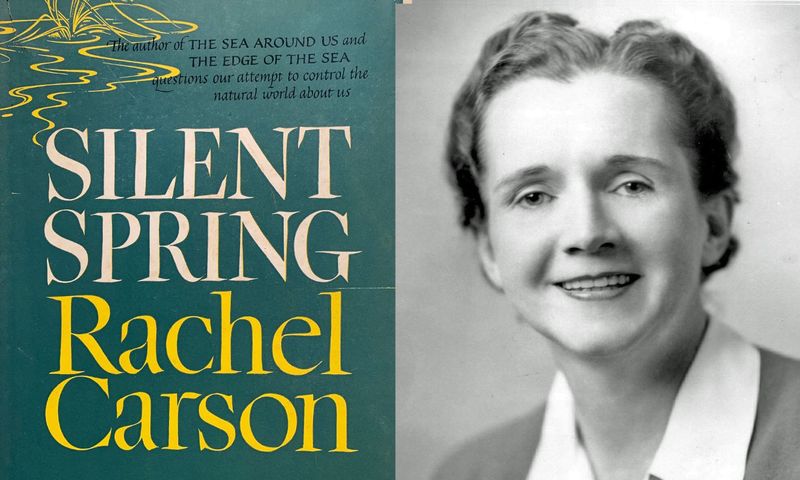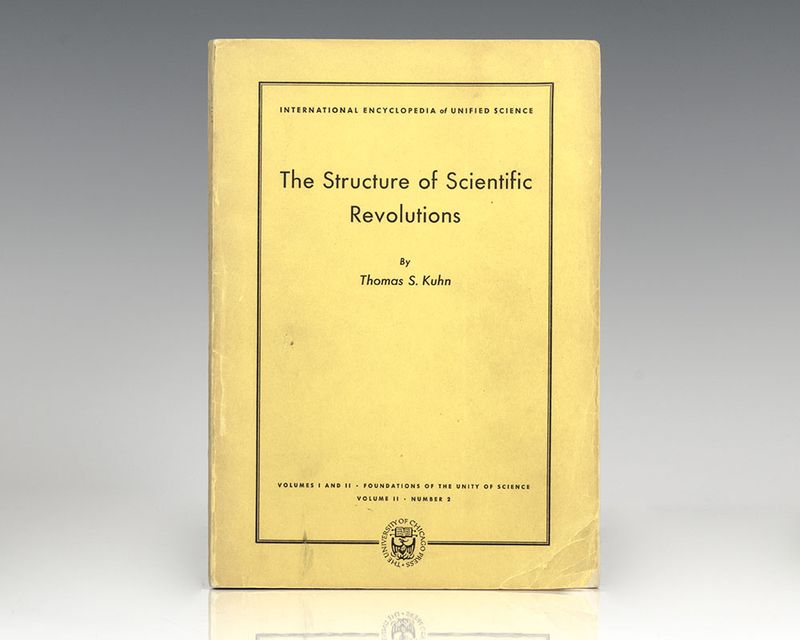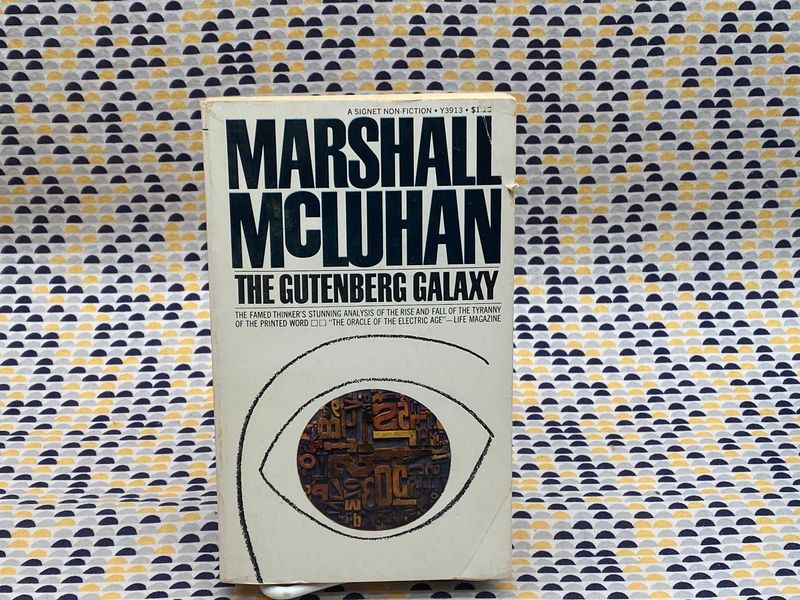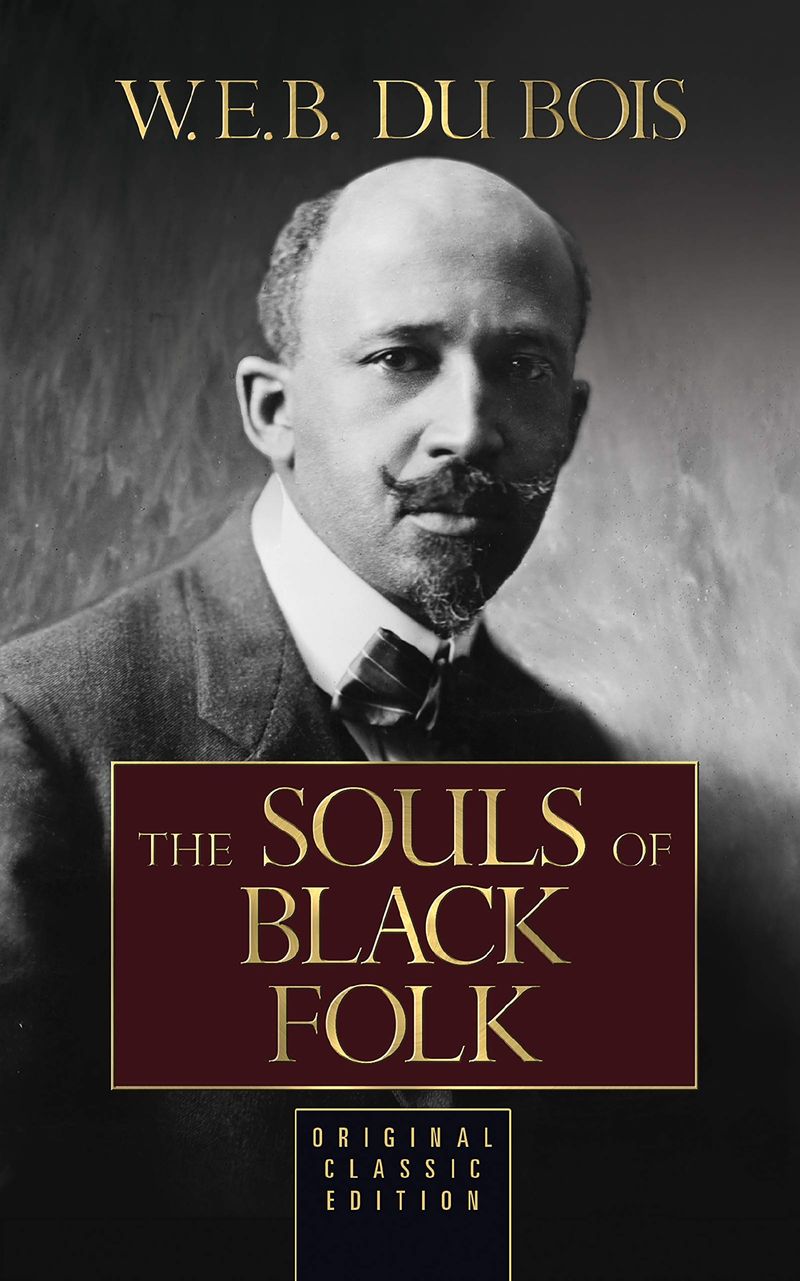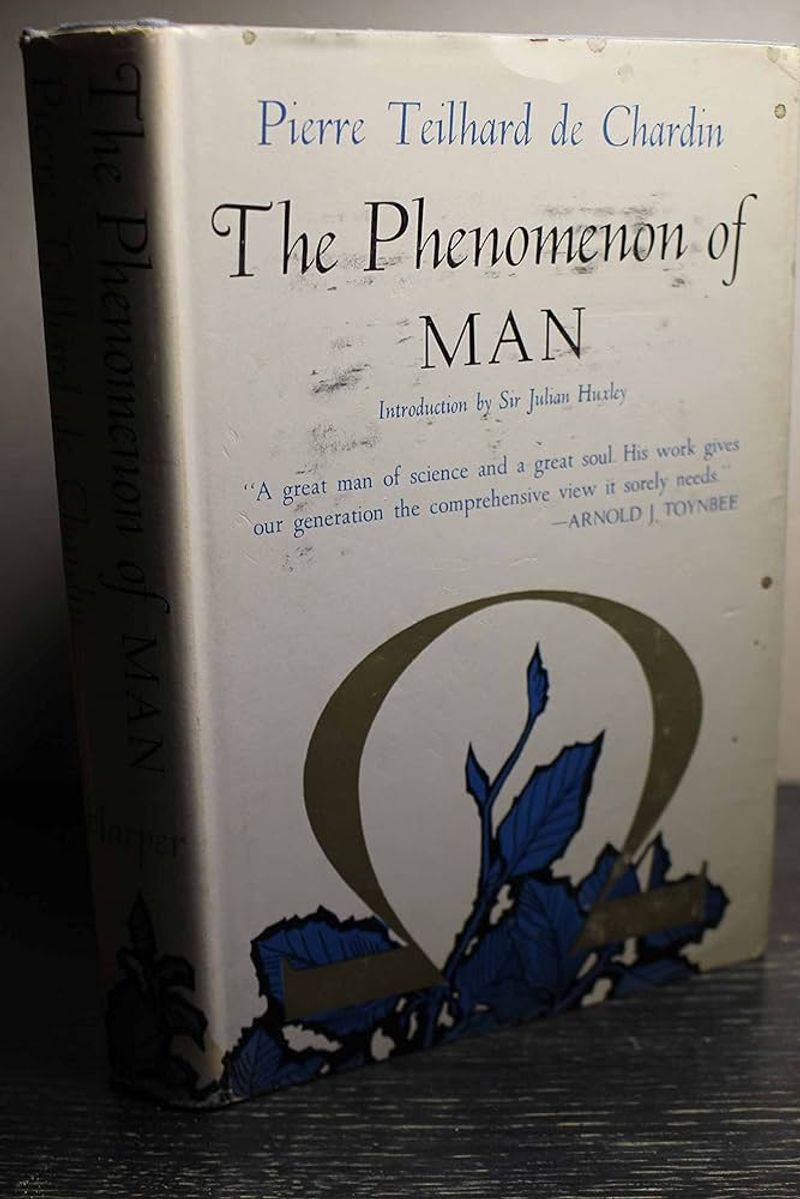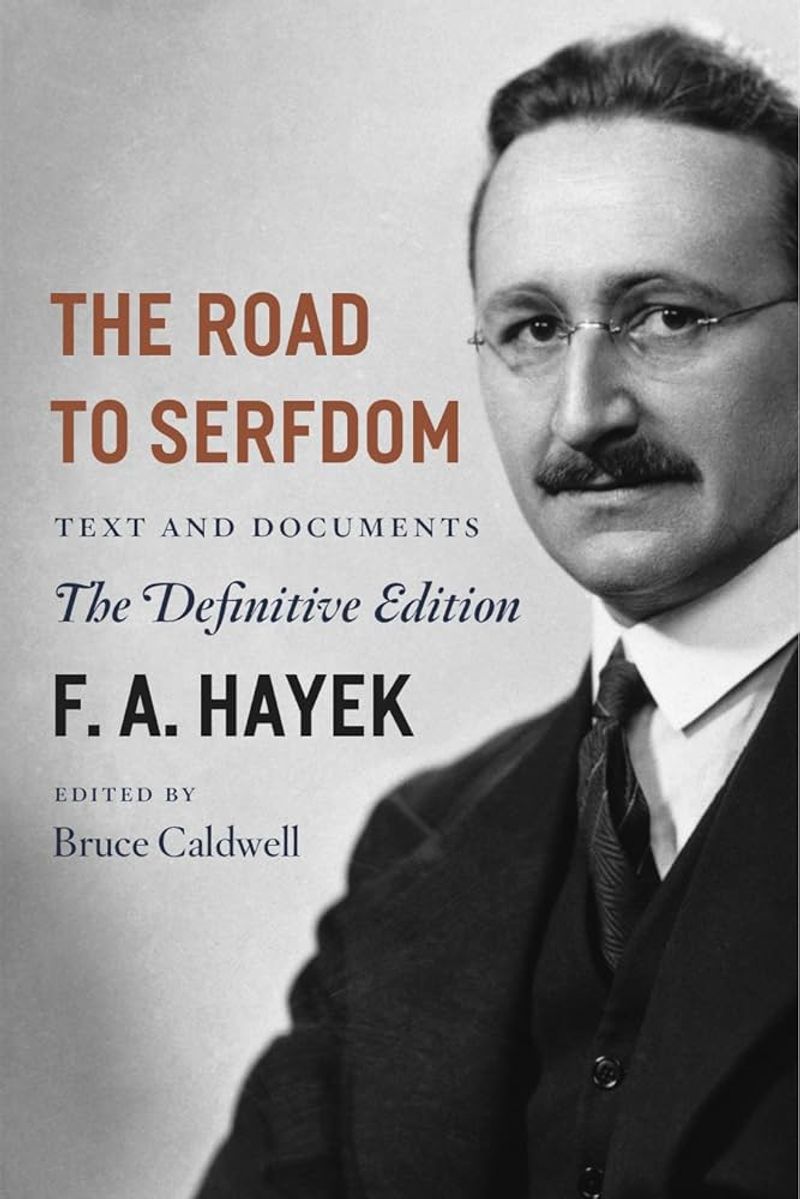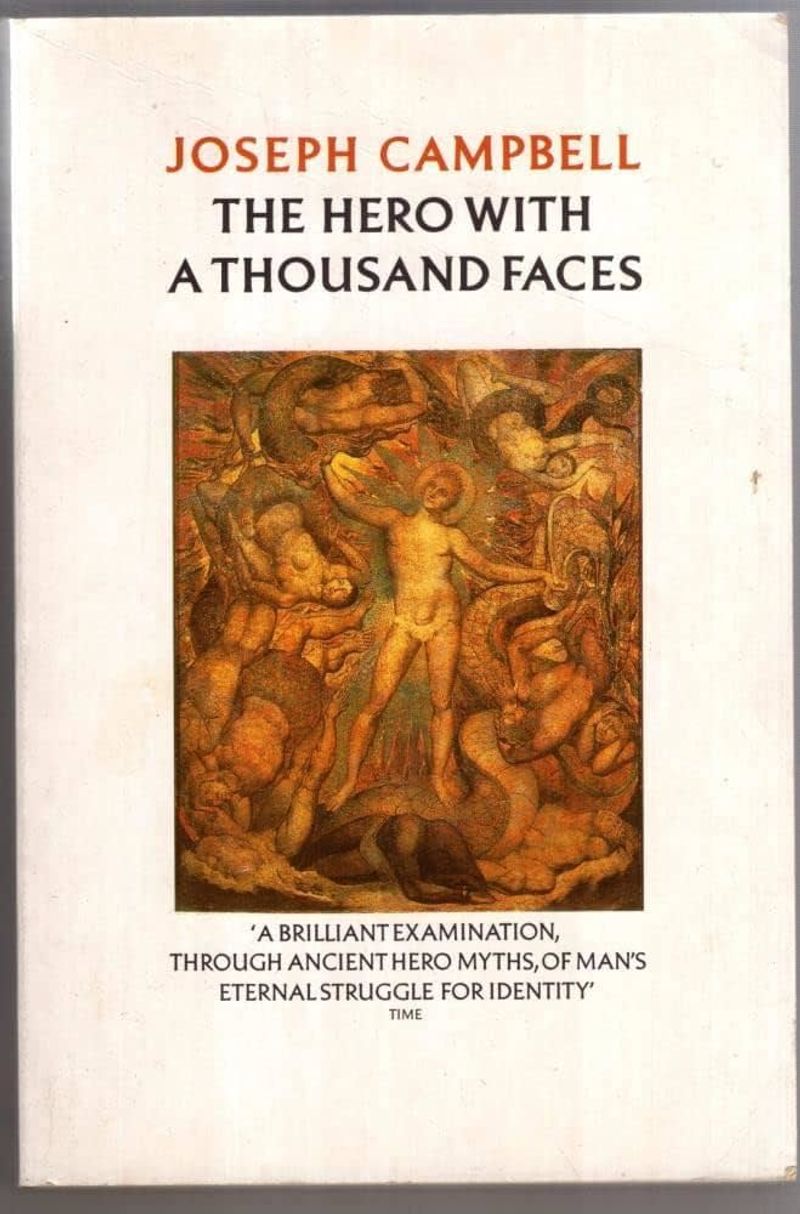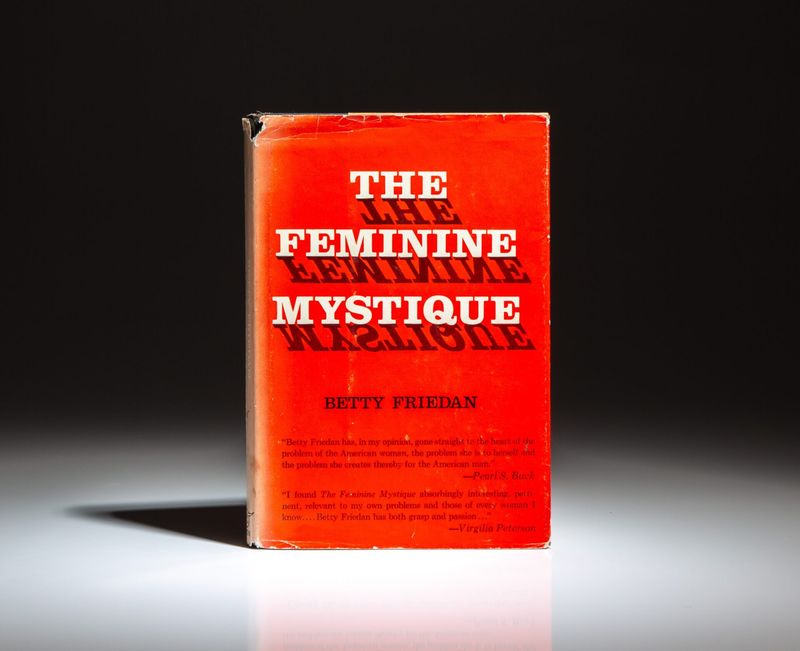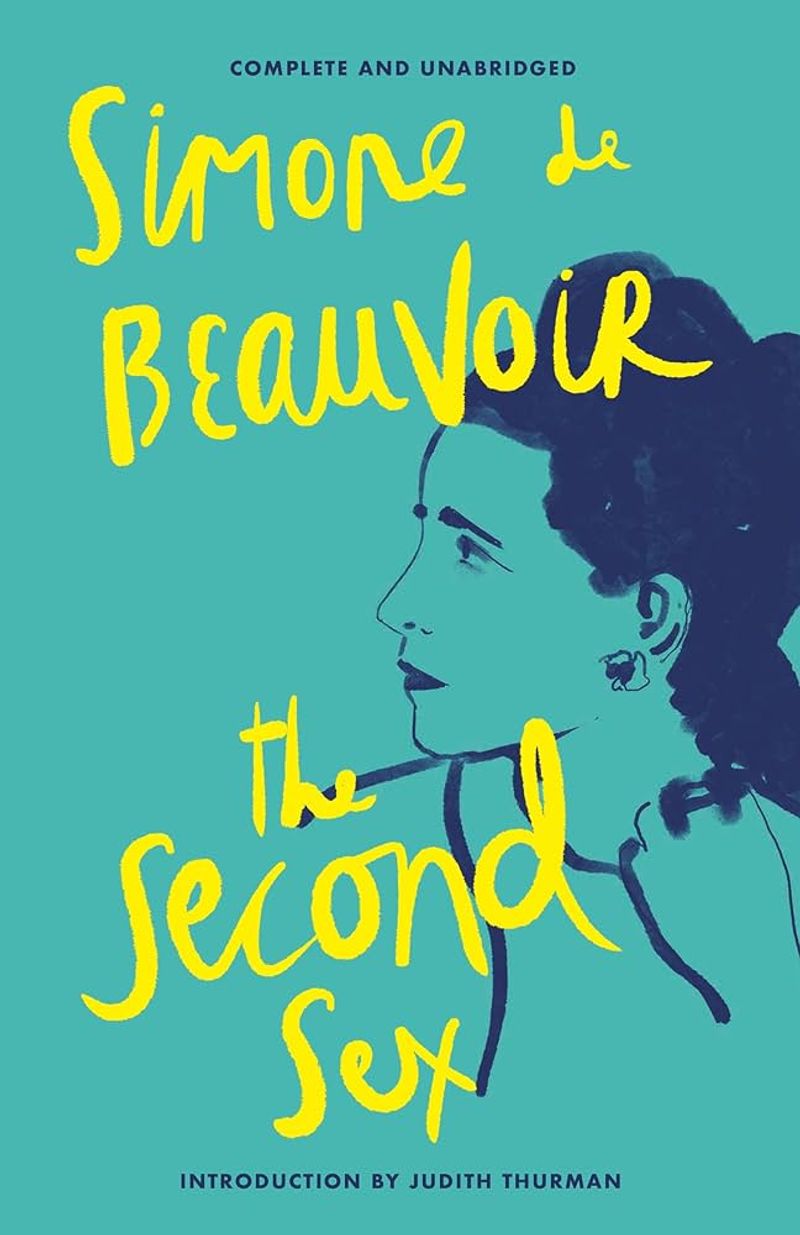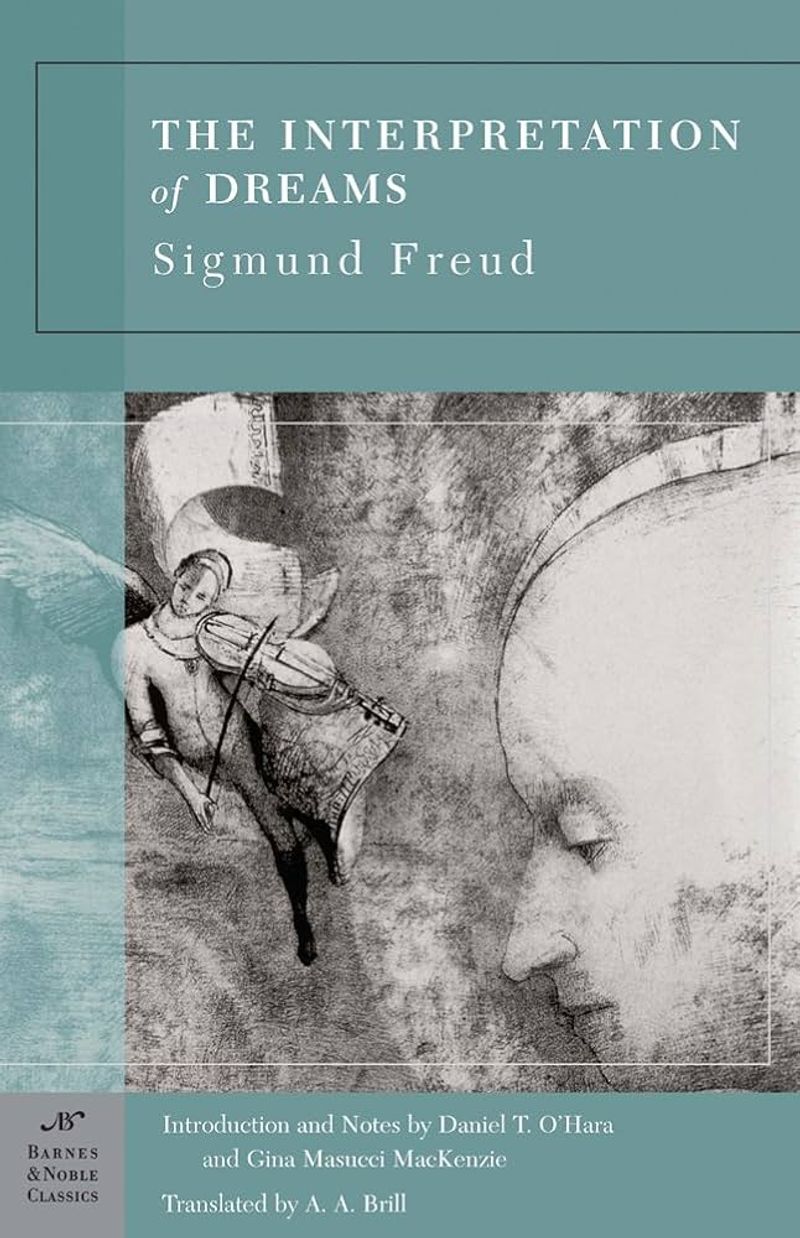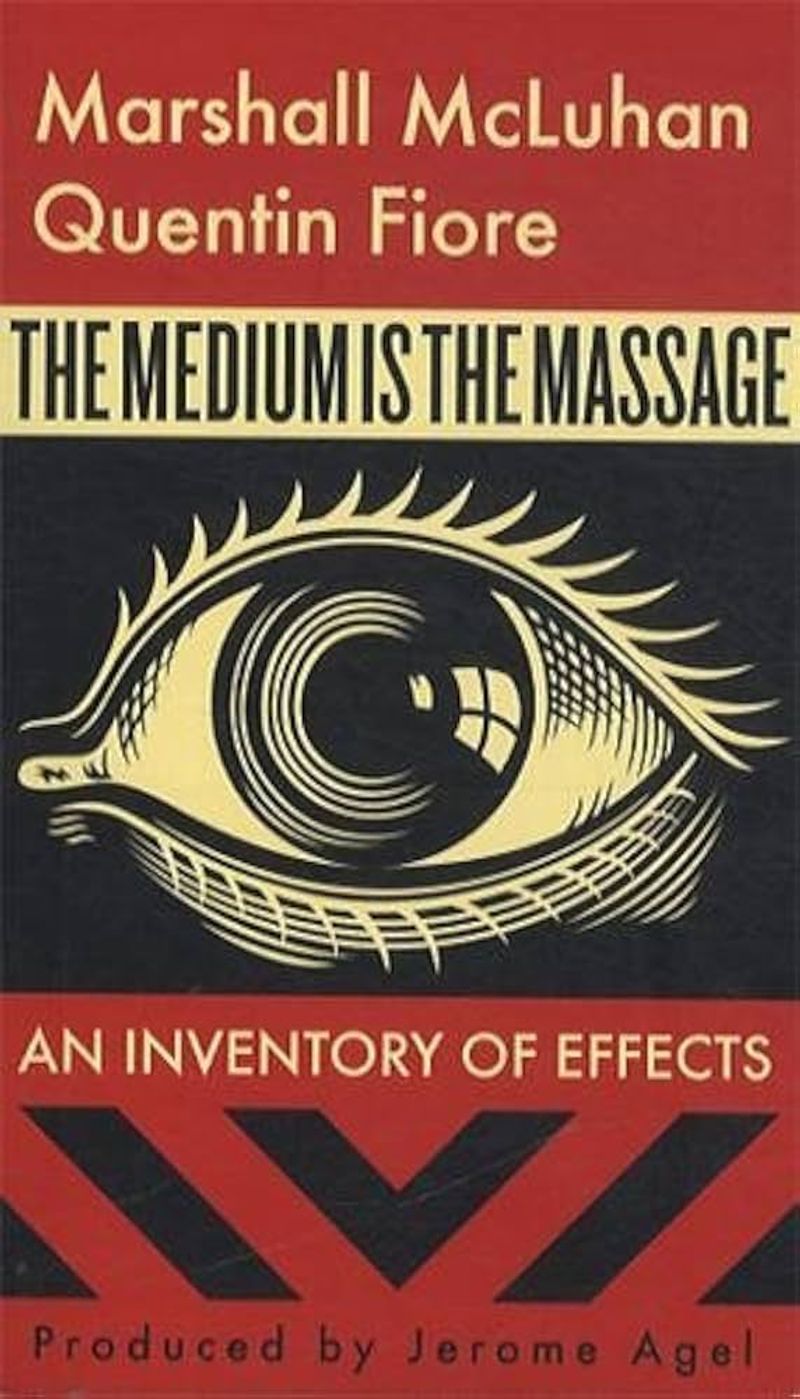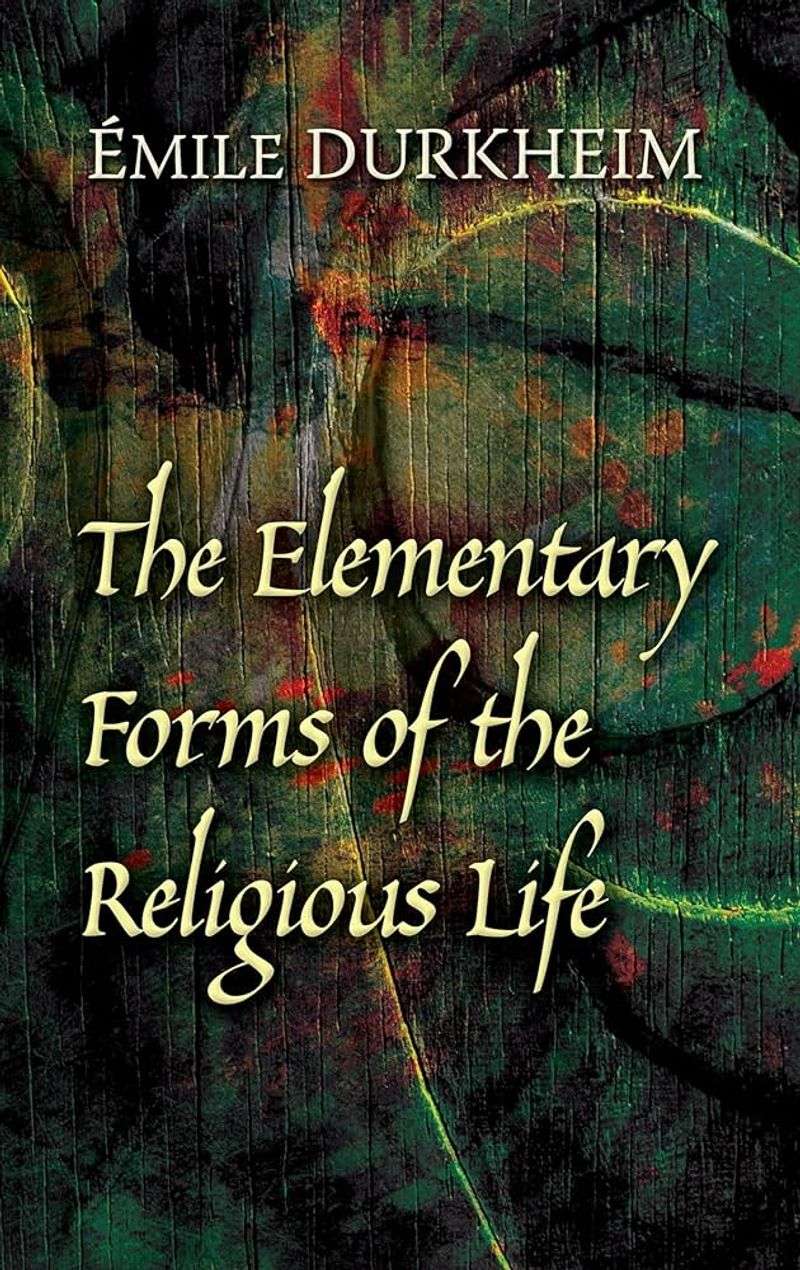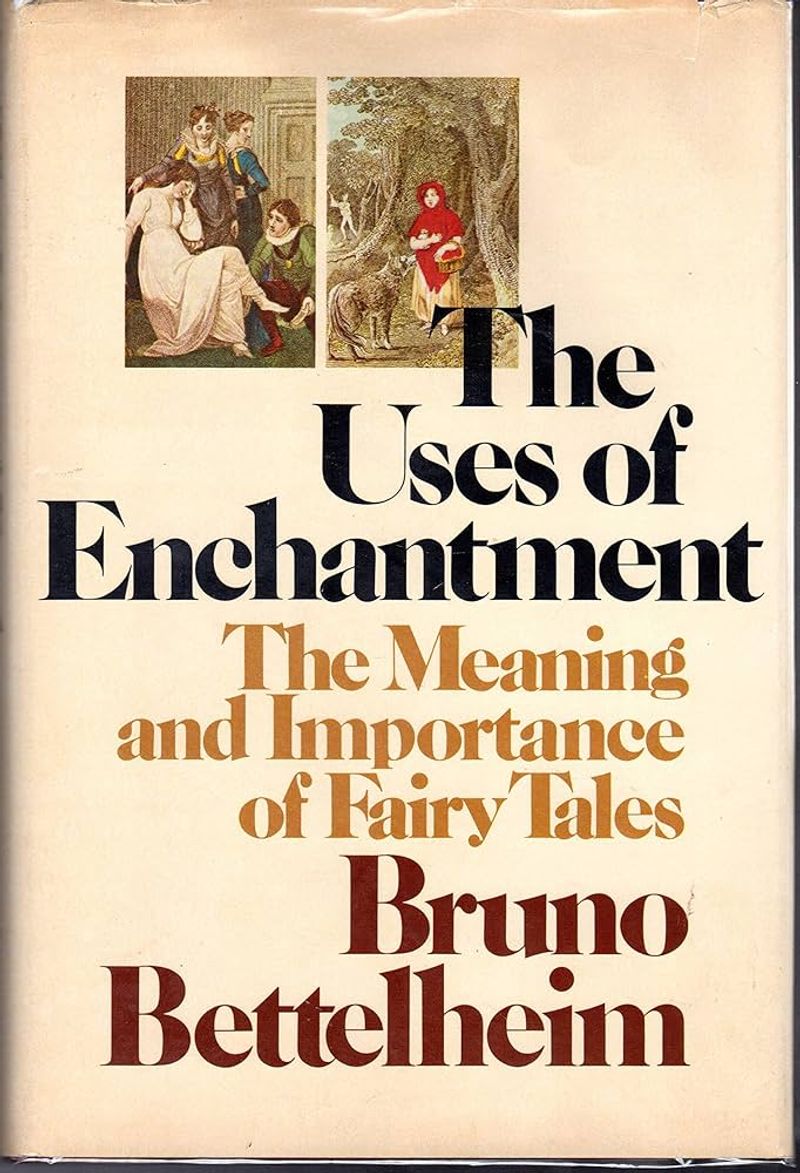Books have the power to shape our thoughts, culture, and even the course of history. While some books gain widespread recognition for their impact, others quietly influence the world in profound ways.
Here, we explore 13 books that have made a significant difference, yet remain underappreciated. Each one has its own unique story and effect on various aspects of life, from science to philosophy, economics to art.
Join us as we delve into the narratives, the authors behind them, and the lasting legacies these works have left on humanity.
1. Silent Spring by Rachel Carson
Rachel Carson’s ‘Silent Spring’ awakened the global environmental consciousness. This groundbreaking work, published in 1962, alerted the public to the dangers of pesticide misuse, notably DDT.
Carson’s eloquent prose painted a vivid picture of a world silenced by chemical destruction. Her writing was not just informative but deeply emotional, appealing to the reader’s sense of responsibility towards nature.
Her book catalyzed the modern environmental movement and led to policy changes worldwide. Did you know? Her passionate dedication was also a battle against cancer, which she fought silently while penning this masterpiece.
2. The Structure of Scientific Revolutions by Thomas Kuhn
Thomas Kuhn’s ‘The Structure of Scientific Revolutions’ introduced the concept of ‘paradigm shifts’ in scientific thought.
Published in 1962, this work reshaped how we understand science’s progress, suggesting that scientific advancement is not linear but occurs through revolutionary leaps. Kuhn’s insights challenged the established notion of steady progress and opened new avenues for analyzing scientific change.
This book is essential reading for anyone interested in the philosophy of science or the history of scientific ideas. Kuhn’s radical views have sparked debates that continue to influence scientific discourse today.
3. The Gutenberg Galaxy by Marshall McLuhan
‘The Gutenberg Galaxy’ by Marshall McLuhan explored the effects of mass media on human consciousness. Published in 1962, it coined the term ‘global village,’ predicting the internet’s integrative power decades ahead.
McLuhan’s analysis of print culture’s impact paved the way for modern media studies. His work illuminated how technology shapes our perceptions and societal structures.
Engaging and provocative, McLuhan’s insights have permeated both academic and popular culture. This book is a timeless exploration of communication’s role in human evolution, offering a lens through which we can view today’s digital age.
4. The Souls of Black Folk by W.E.B. Du Bois
W.E.B. Du Bois’s ‘The Souls of Black Folk’ is a seminal work in African American literature and sociology. Published in 1903, it introduced the concept of ‘double consciousness,’ a profound insight into the African American experience.
Du Bois’s lyrical prose and sociological analysis combined to create a powerful narrative about race, identity, and struggle in America. His work has influenced generations of thinkers, activists, and artists, contributing to the Civil Rights Movement.
‘The Souls of Black Folk’ remains a cornerstone in discussions about race and continues to resonate with readers worldwide.
5. The Phenomenon of Man by Pierre Teilhard de Chardin
Pierre Teilhard de Chardin’s ‘The Phenomenon of Man’ offers a unique synthesis of science and spirituality. Written in the mid-20th century, this visionary work posits that humanity is evolving towards an ‘Omega Point’ of spiritual unification.
Teilhard’s integration of evolutionary theory with a theological perspective challenged both scientific and religious communities. His ideas were ahead of their time, contributing to interdisciplinary dialogues on science and religion.
This book invites readers to ponder humanity’s place in the cosmos, blending scientific inquiry with spiritual reflection in an extraordinary narrative.
6. The Road to Serfdom by Friedrich Hayek
Friedrich Hayek’s ‘The Road to Serfdom’ is a classic in political and economic theory. Published in 1944, it warned against the dangers of tyranny arising from government overreach in economic planning.
Hayek argued for the preservation of individual freedoms as essential to a prosperous society. His work became influential among free-market proponents and sparked debates on the role of government in economic affairs.
Though controversial, ‘The Road to Serfdom’ remains a vital text in understanding the dynamics between freedom and economic control, speaking to ongoing discussions about governance today.
7. The Hero with a Thousand Faces by Joseph Campbell
Joseph Campbell’s ‘The Hero with a Thousand Faces’ delves into the universal patterns underlying myths worldwide. Published in 1949, Campbell’s analysis of the ‘hero’s journey’ illuminated shared human experiences, influencing storytelling across mediums.
His work inspired filmmakers, writers, and artists, notably impacting George Lucas’s ‘Star Wars.’ Campbell’s insights offer a roadmap to understanding the human psyche and its expression through myth.
By connecting ancient tales with modern narratives, his book provides timeless wisdom about personal and cultural transformation, making it a cornerstone in comparative mythology.
8. The Feminine Mystique by Betty Friedan
Betty Friedan’s ‘The Feminine Mystique’ ignited the second wave of feminism in the 1960s. This groundbreaking book challenged the notion of women’s fulfillment being tied solely to domestic roles.
Friedan’s exploration of ‘the problem that has no name’ resonated with countless women, sparking a movement for gender equality in workplaces and society. Her work provided a voice to those experiencing dissatisfaction in post-war America, transforming personal struggles into political action.
‘The Feminine Mystique’ continues to be a pivotal text in feminist literature, inspiring new generations to advocate for women’s rights.
9. The Second Sex by Simone de Beauvoir
Simone de Beauvoir’s ‘The Second Sex’ is a foundational text in feminist philosophy. Published in 1949, this work critically examined women’s oppression and the social constructs surrounding gender.
De Beauvoir’s analysis of womanhood challenged existing norms and called for liberation and equality. Her philosophical insights resonated globally, influencing feminist thought and activism.
‘The Second Sex’ remains a vital resource for understanding gender dynamics and the pursuit of equality. De Beauvoir’s articulate arguments continue to inspire discussions on gender, identity, and freedom, making her work as relevant today as ever.
10. The Interpretation of Dreams by Sigmund Freud
Sigmund Freud’s ‘The Interpretation of Dreams’ revolutionized the field of psychoanalysis. Published in 1899, Freud’s exploration of dreams as the ‘royal road to the unconscious’ unveiled a new dimension of the human mind.
His theory that dreams reveal hidden desires and thoughts challenged conventional psychology and opened up new avenues for understanding mental processes.
Freud’s work laid the groundwork for modern psychoanalysis and continues to influence how we perceive dreams and the unconscious mind. This seminal book remains an essential read for those intrigued by the complexities of the psyche.
11. The Medium is the Massage by Marshall McLuhan
Marshall McLuhan’s ‘The Medium is the Massage’ offers a playful yet profound insight into how media shapes our existence. Published in 1967, this work is a visually engaging exploration of media’s impact on human perception and interaction.
McLuhan’s concept that ‘the medium is the message’ highlights the transformative power of communication technologies. His innovative approach blended art and theory, creating an immersive experience for readers.
Today, his ideas about media’s pervasive influence remain relevant, serving as a guide to navigating the complexities of the information age with an open mind.
12. The Elementary Forms of Religious Life by Émile Durkheim
Émile Durkheim’s ‘The Elementary Forms of Religious Life’ is a cornerstone in the sociology of religion. Published in 1912, this work analyzed the simplest form of religion among the Australian Aborigines to understand the essence of religious life.
Durkheim’s study examined how religion shapes collective consciousness and social cohesion. His insights laid the foundation for modern sociological perspectives on religion and society.
By exploring the sacred and the profane, Durkheim provided a framework for understanding religion’s enduring role in human culture. His work remains influential in both sociology and anthropology.
13. The Uses of Enchantment by Bruno Bettelheim
Bruno Bettelheim’s ‘The Uses of Enchantment’ explores the psychological importance of fairy tales in child development. Published in 1976, Bettelheim argued that these stories offer essential life lessons and help children navigate complex emotions.
By analyzing classic fairy tales, he showed how they address universal human fears and desires, providing a safe space for children to confront their anxieties.
Bettelheim’s work emphasizes the educational and therapeutic value of storytelling, enhancing our appreciation for these timeless tales. The book remains a vital resource for parents, educators, and psychologists alike.
